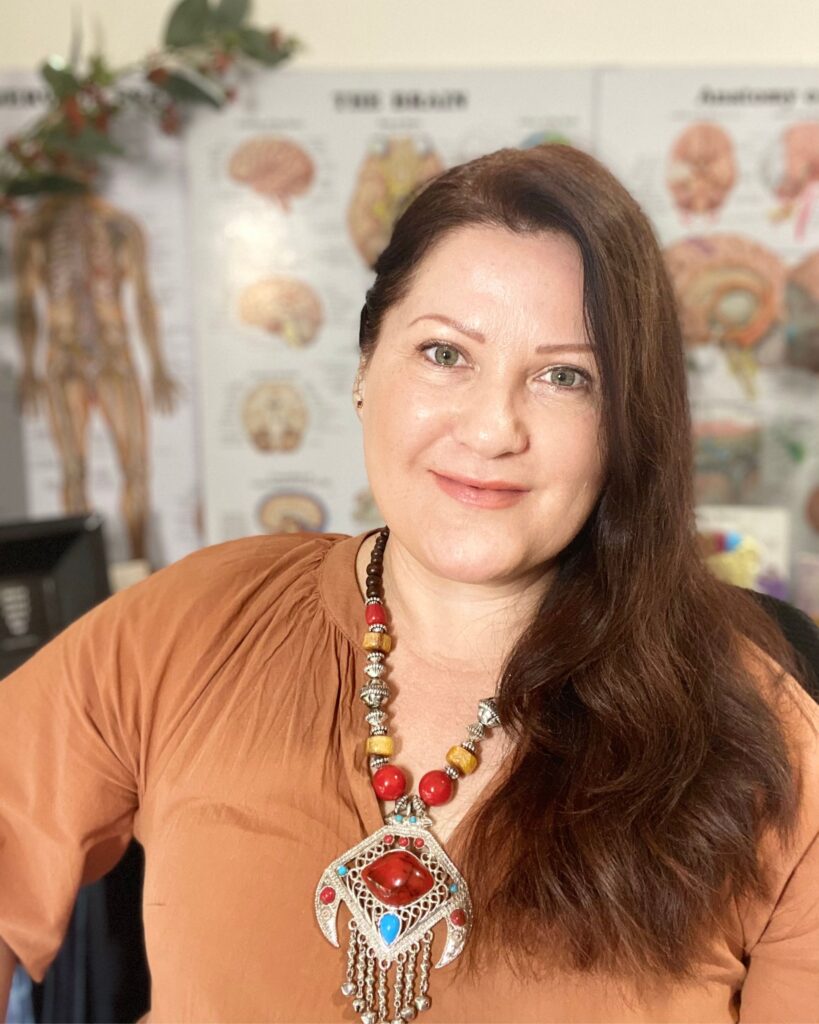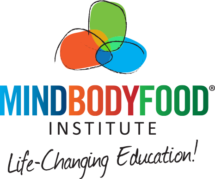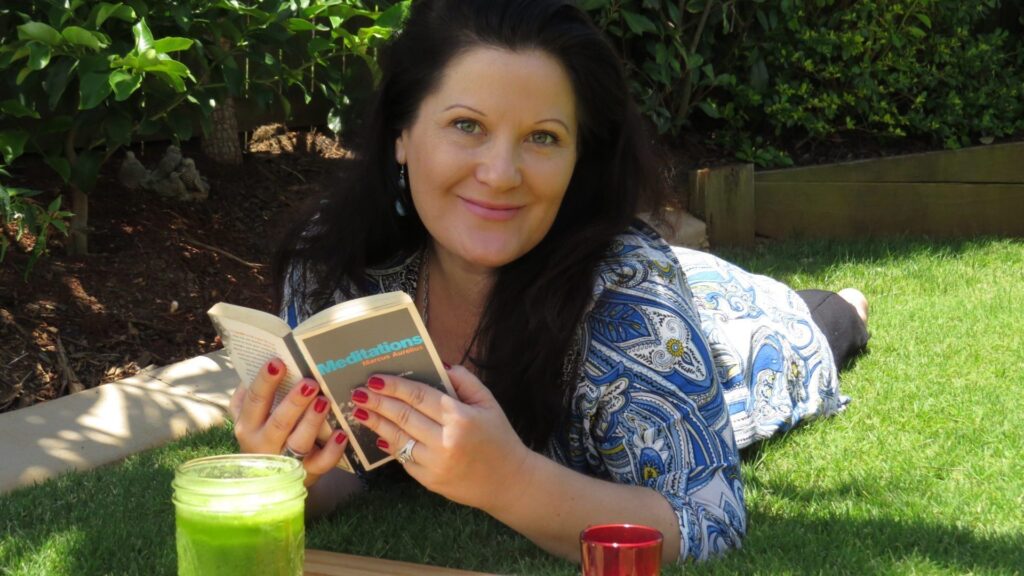Carol Dweck is a renowned psychologist and a leading figure in the field of mindset psychology. Over the last 30 years, Dweck’s research has shown that individuals can be categorized into two main mindsets: those with a fixed mindset and those with a growth mindset.
In a fixed mindset, people tend to believe that their abilities and intelligence are static traits that cannot be changed. In contrast, those with a growth mindset believe that they can develop and improve their abilities through effort, learning, and perseverance.
Dweck’s work has had a profound impact on education, personal development, and motivation, emphasizing the importance of fostering a growth mindset to empower individuals to take control of their own learning and development.
Dweck asserts that individuals who embrace a growth mindset firmly believe that they can transform their qualities and capabilities through diligent effort. Consequently, these individuals are more inclined to adopt learning-oriented objectives, tackle challenging tasks, and implement adaptive strategies as they work towards enhancing their abilities. This mindset empowers them to take responsibility for their own growth and development, illustrating the principle of self-responsibility and empowerment in action.
Exploring the differences between a fixed mindset and a growth mindset is fascinating.
In a fixed mindset, individuals believe that their personal traits, intelligence, and talents are set in stone. This belief can hinder growth and development.
Here are some key characteristics of a fixed mindset:
- Envy of Others’ Success: People with a fixed mindset may feel envious of others’ achievements, thinking they can never reach the same level of mastery.
- Hunger for Approval: Seeking constant approval, even if undeserved, is common for those with a fixed mindset.
- Negative Attitude Towards Feedback: Criticism is seen as a personal attack, rather than an opportunity to learn and improve.
- Desire to Appear Successful: A fixed mindset can lead to a focus on appearing intelligent and successful, rather than genuinely striving for growth.
- Lack of Desire for Personal Growth: With the belief that intelligence is fixed, the motivation for personal growth diminishes.
- Avoidance of Challenges and Risks: The fear of failure leads to the avoidance of challenges and risks.
In contrast, a growth mindset is marked by the belief that abilities can be developed through effort and learning.
Here are some characteristics of a growth mindset:
- Seeing Others’ Success as Inspiration: Rather than feeling envious, those with a growth mindset see others’ accomplishments as motivation to improve themselves.
- Desire for Learning and Development: A growth mindset thrives on the belief that progress is achievable through continuous effort and learning.
- Persistence in Pursuing Goals: Effort is celebrated as an opportunity for success, not a sign of weakness.
- Viewing Failures as Temporary: Mistakes are seen as stepping stones to improvement, not as permanent setbacks.
- Embracing Feedback: Feedback is welcomed as a chance to learn and grow, not as a personal attack.
- Embracing Challenges and Risks: The fear of failure is replaced by the excitement of trying new things and growing.
Understanding these mindsets can profoundly impact your personal development journey.
But remember, transformation is a lifelong journey, and it’s okay to stumble along the way. The key is to keep learning, growing, and embracing the possibilities that lie ahead by keeping your mindset in check!
Photo from Brett Jordan on Unsplash

Author:
Viki Thondley
Viki Thondley-Moore is an Integrative Holistic Counsellor, Brain-Based Coach, Clinical Hypnotherapist, Mind-Body Somatic Practitioner, Wellness Coach, Meditation Teacher, Educator and Disordered Eating Specialist. Viki is founder of MindBodyFood and Founder/Director of the MindBodyFood Institute.







